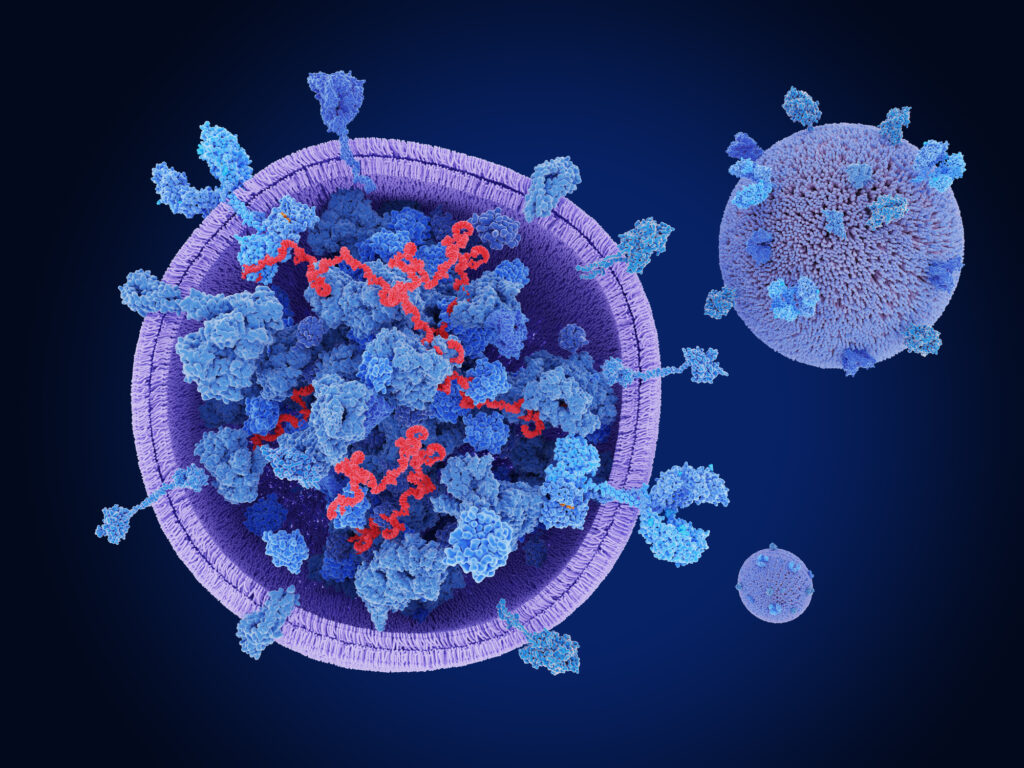Rotator cuff tears (RCTs) are a common source of shoulder pain and dysfunction that can significantly impact a person’s quality of life. One of the critical challenges in treating RCTs is the tendency for tendon-bone interface (TBI) mal-healing, which is a significant contributor to retear after surgical repair. This ongoing issue has prompted researchers to explore innovative approaches to enhance healing and improve patient outcomes.
A recent project led by Jianping Zhang and colleagues aimed to investigate the role of bone marrow mesenchymal stem cells (BMSCs)-derived exosomes in promoting TBI healing. The study highlights the potential of using exosomes, which are small extracellular vesicles that facilitate intercellular communication, as a therapeutic strategy in the context of RCTs. By harnessing the regenerative properties of BMSCs, the authors aimed to address the mal-healing at the tendon-bone interface, which is crucial for successful recovery.
The research conducted by Zhang, along with co-authors Zhijun Cai, Fanzhe Feng, Yufeng Peng, Yi Cui, and Yongiqing Xu, provides valuable insights into the mechanisms of healing and regeneration. The authors emphasize that enhancing the healing process at the TBI could reduce the risk of retear and improve overall functional recovery for patients suffering from RCTs.
As the understanding of cellular communication and tissue healing advances, studies like this pave the way for developing more effective treatment strategies for shoulder injuries. The potential use of BMSCs-derived exosomes represents a promising frontier in regenerative medicine, with the hope of not only addressing current treatment limitations but also improving the long-term outcomes for patients with rotator cuff injuries.
Overall, the work of Zhang and his team underscores the importance of innovative research in the field of orthopaedics and the ongoing quest to improve healing mechanisms in musculoskeletal injuries. The implications of their findings could lead to new therapies that enhance recovery and reduce the prevalence of retear in rotator cuff repairs, offering hope to countless individuals affected by shoulder pain and dysfunction.


